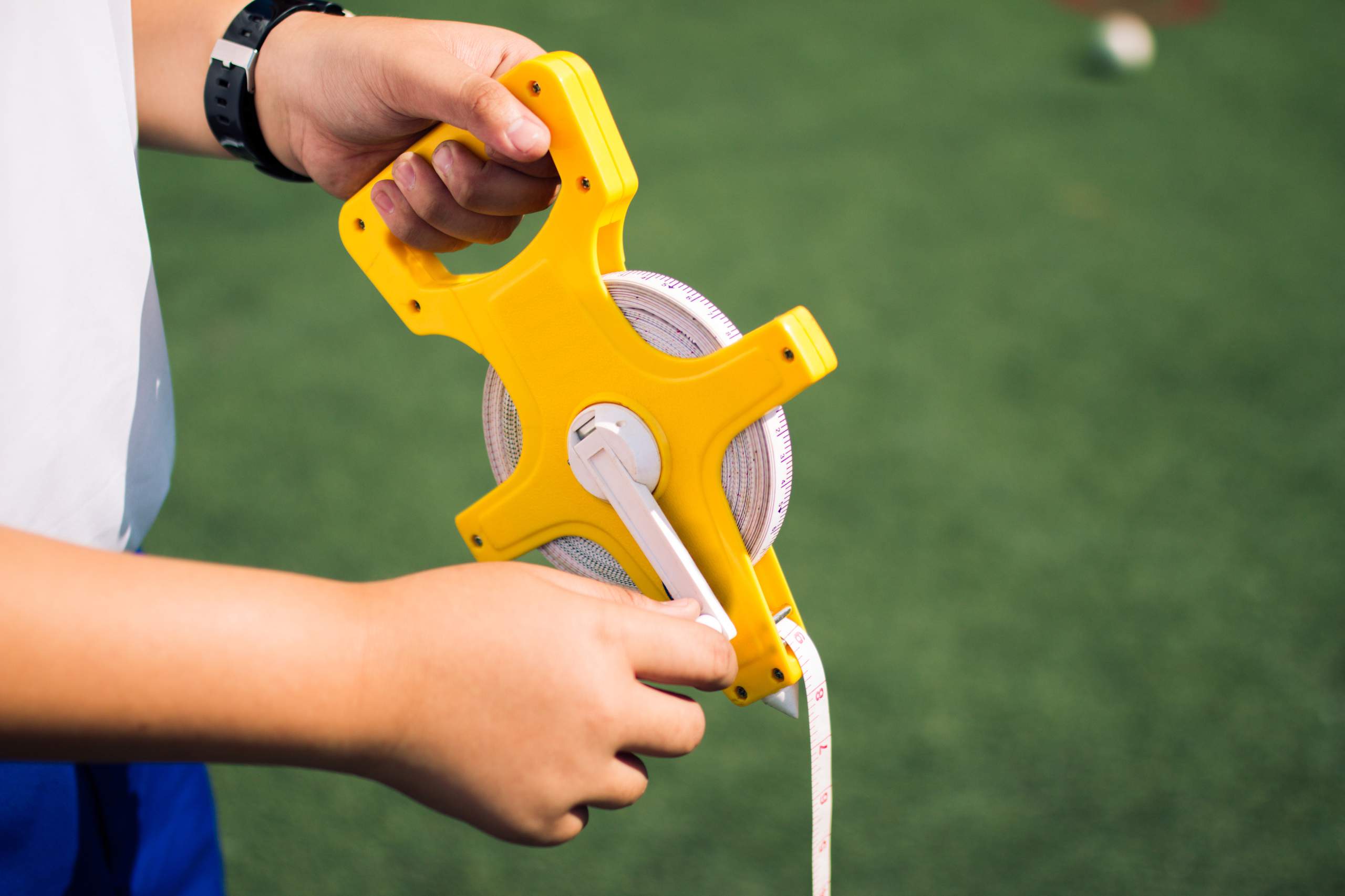PE is an extremely important subject, and we outline why here. The calls for PE to be recognised as a core subject have come from various places, including The Association of Physical Education (AfPE) and the House of Lords. Making PE a core subject would give it the same importance as English, maths, and science. So, is PE a core subject? And if not, should it be a core subject in primary schools?
At The PE Hub, we strongly support giving PE the status and time it deserves in the curriculum. But it’s important to explore both sides of the argument to understand why this idea has sparked so much discussion.
Why Should PE Be a Core Subject?
There’s a growing awareness that PE does far more than just keep children active. Quality physical education is vital in developing the whole child, supporting physical health and cognitive development, emotional well-being, social skills, and confidence.
Why is PE not a core subject in the primary curriculum when we know physical activity directly benefits academic performance? Evidence shows active children concentrate better, perform well academically, and develop long-term habits that lead to healthier lives.
Making PE a core subject would ensure that all children receive high-quality, consistent PE teaching every week. This would not just be sport or free play but structured lessons that build skills, knowledge, and a positive attitude toward an active lifestyle.
It would also help tackle the rising challenges of childhood obesity, low fitness levels, and mental health issues. By embedding PE as a core subject in primary schools, teachers, parents, and pupils would better understand its purpose and unique benefits, and view it as essential, not optional.
Why PE Isn’t Currently a Core Subject?
So, why is PE not a core subject in the primary curriculum yet? One major reason is that the education system still prioritises subjects measured through high-stakes testing. English, maths, and science have long been viewed as the gateway to future academic and career success, with physical education often treated as an ‘extra’.
Practical challenges also exist. Schools vary hugely in space, resources, and teacher confidence when it comes to delivering high-quality PE. For some schools, making PE a core subject without extra funding, training, and facilities would be unrealistic.
Another important point raised by various education experts is the need to clearly distinguish between PE, school sport, and physical activity. These terms are often used interchangeably, but they’re not the same. PE is a planned, progressive curriculum subject taught by teachers to develop physical competence and knowledge. School sport and general physical activity are valuable too, but they don’t replace the educational purpose of PE lessons.
Simply labelling PE as a ‘core subject’ may not guarantee the intended benefits without a clear understanding of PE's unique role.
So, Is PE a Core Subject, and Should It Be?
Is PE a core subject in primary schools right now? No, but many believe it should be. The debate highlights an important need: better recognition of how PE helps children thrive in all areas of life, not just on the sports field.
At The PE Hub, we believe that when schools and teachers understand what quality PE looks like, they see that it deserves the same attention as other core subjects. The challenge is to equip teachers with the resources, training, and time they need to deliver it well, and to build a culture where physical education is valued for its unique role in shaping healthy, successful pupils.
Final Thoughts
The question “Is PE a core subject?” is more than just policy. It’s about how we view children’s development and what we prioritise in our schools.
Whether or not PE officially becomes a core subject, the goal must be the same: ensuring every child receives the high-quality physical education they deserve, so they can flourish physically, academically, and emotionally.

